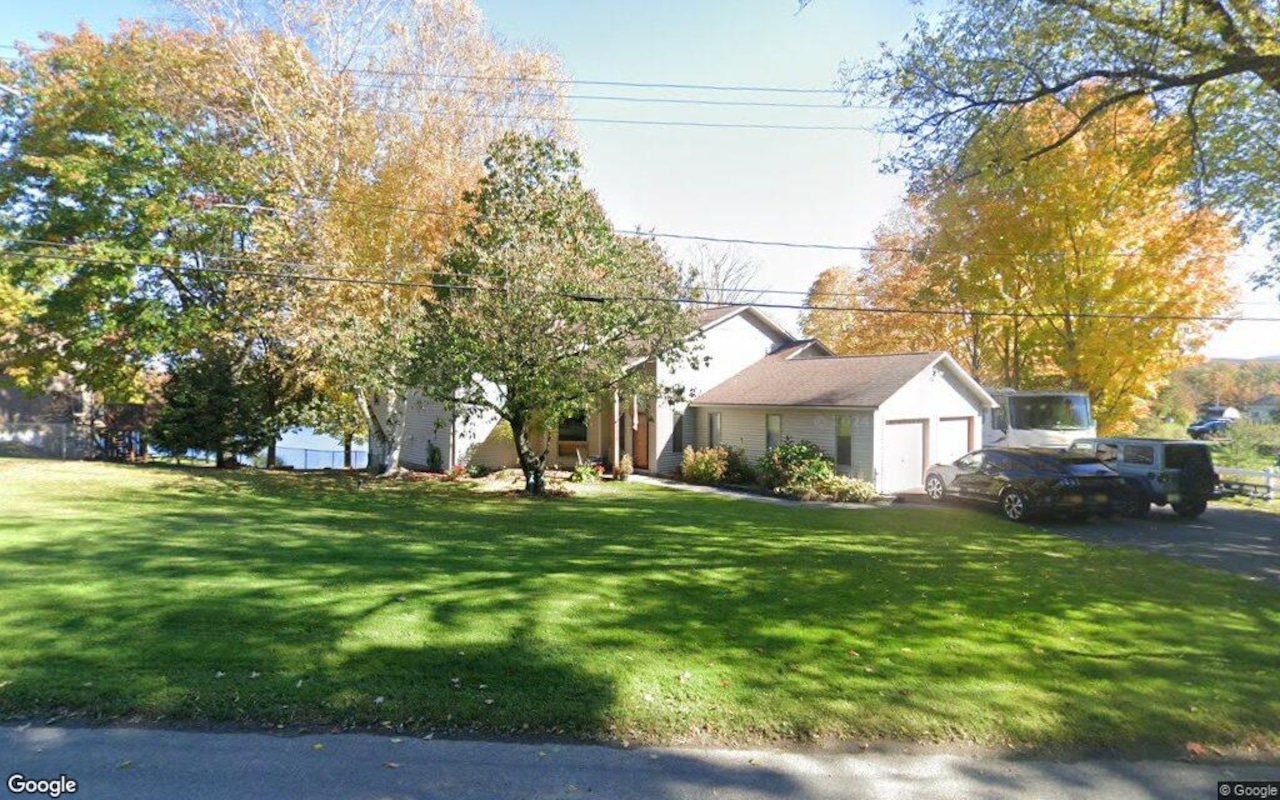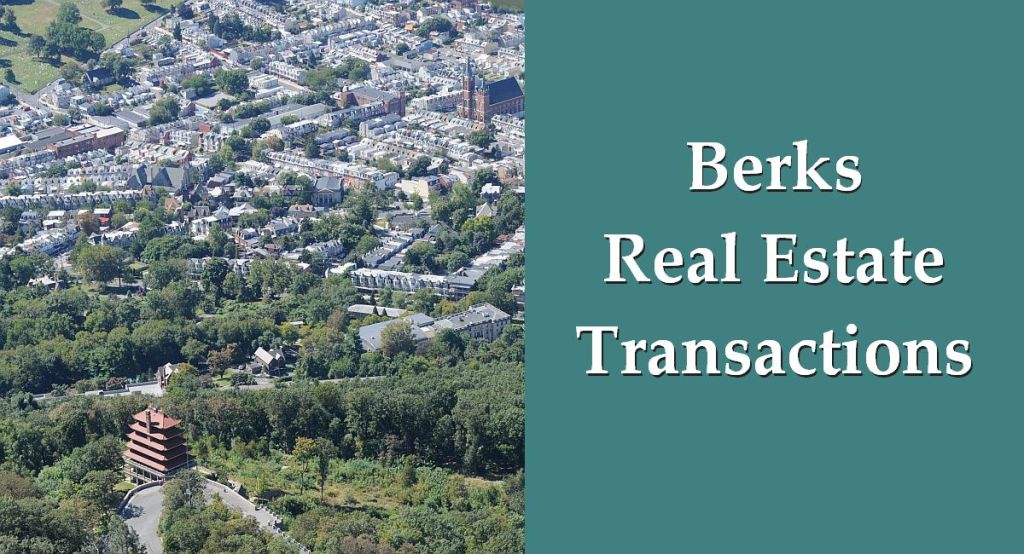M
illionaire renters in the United States have surged, with the population of affluent households choosing to lease rather than own a home more than tripling between 2019 and 2023. RentCafe reports that the number of millionaire renters reached 13,692 in 2023, while millionaire homeowners topped 143,000 last year. The trend signals that liquidity and flexibility are outweighing the traditional appeal of ownership.
The pandemic accelerated the shift, especially in low‑tax Southern metros such as Houston, Dallas, Miami, and Atlanta. Yet large coastal markets still dominate the numbers. In 2023, New York had 5,661 millionaire renters, up from 2,204 in 2019, and San Francisco’s figure rose from 321 to 1,411 in the same period.
“People are choosing flexibility and liquidity over ownership,” said Glen Stegemann, a broker with The Agency in Miramar Beach, Florida. “They don’t want the hassles of homeownership—real‑estate taxes, insurance, especially in places like Florida and California where natural disasters are common.”
High interest rates, soaring insurance premiums in disaster‑prone states, and softer real‑estate returns have made renting more attractive. Cash freed by avoiding mortgage payments can be invested in stocks or other assets with higher yields. Douglas Elliman’s Keyan Sanai, who represents a $35,000‑a‑month Turtle Bay penthouse, explained that wealthy tenants often rely on financial logic rather than sentiment. “If you have the disposable income, you can write off a portion of a home office, rent a $30,000 apartment, keep a primary residence elsewhere, and avoid liability,” he said. “If the fridge breaks, the building fixes it; you’re not responsible for repairs.”
Insurance costs have become prohibitive in many states. Sanai noted that a year before the devastating wildfires, Berkshire Hathaway withdrew insurance from the affected area. “The market is returning about 8% on average, while real‑estate returns in Manhattan have been flat or negative over the past decade,” he added. One client, a CFO earning $4 million a year, chose to rent a $25,000‑a‑month apartment, keeping 93% of his income available for other investments.
The pandemic also spurred a shift in low‑tax Southern metros, but coastal cities like New York and San Francisco still lead in sheer volume. Politics can also deter purchases. “If a socialist mayor wins, property values could drop temporarily,” Sanai said, citing mayoral candidate Zohran Mamdani. “Even those in contracts might back out if the political climate changes.”
Priyanka Shah, a 39‑year‑old biotech venture‑capital investor, has lived at 67 Wall Street since March 2023. Though she has the savings to buy, she prefers renting for flexibility. “I’m actively dating in New York and looking for a partner. I want to stay open to a job opportunity that might come up, so renting fits my lifestyle,” she said. Her capital is working elsewhere; she is heavily invested in the market.
Some families have settled into rentals for years. A millionaire couple, a financier and a socialite, stayed in a Fifth Avenue building where they rented when the wife was pregnant 20 years ago. Their two‑bedroom unit now rents for $25,000 a month. “We never left,” the wife said. “We couldn’t agree on an apartment, and my husband doesn’t like to move, so we stayed. We loved the view, location, and light.”
Scott, a finance professional, and his wife, a lawyer, moved into a $10,000‑a‑month Brooklyn rental and are selling their Rhode Island vacation home. “The market is unstable,” he said. “Bank interest rates are near all‑time highs, and it feels like a waste of money to pump into mortgage payments.” He believes even conservative savings can outperform property appreciation. “A high‑yield savings account still generates close to 5% interest. I’m not guaranteed that return for three to five years when buying a property in a volatile market.”
Low supply and fierce competition complicate the buying process. “The rental market is more like a buyer’s market,” he explained. “Multiple people attend open houses, offers are escalated until the landlord decides on a price.” Political shifts can also dent property prices, a concern echoed by Sanai.
For many wealthy individuals, the prestige of ownership is no longer the sole measure of success. “Renting reduces liability and tax burden, especially in Manhattan,” Sanai said. “More affluent people are realizing that renting can be a smarter financial strategy.”
In summary, millionaire renters have tripled in the past four years, driven by liquidity, flexibility, high insurance costs, and a preference for investing cash elsewhere. The trend is strongest in Southern metros but remains significant in coastal cities. Political uncertainty, high interest rates, and market volatility further encourage affluent households to lease rather than buy, turning renting into a deliberate financial strategy rather than a temporary stopgap.















